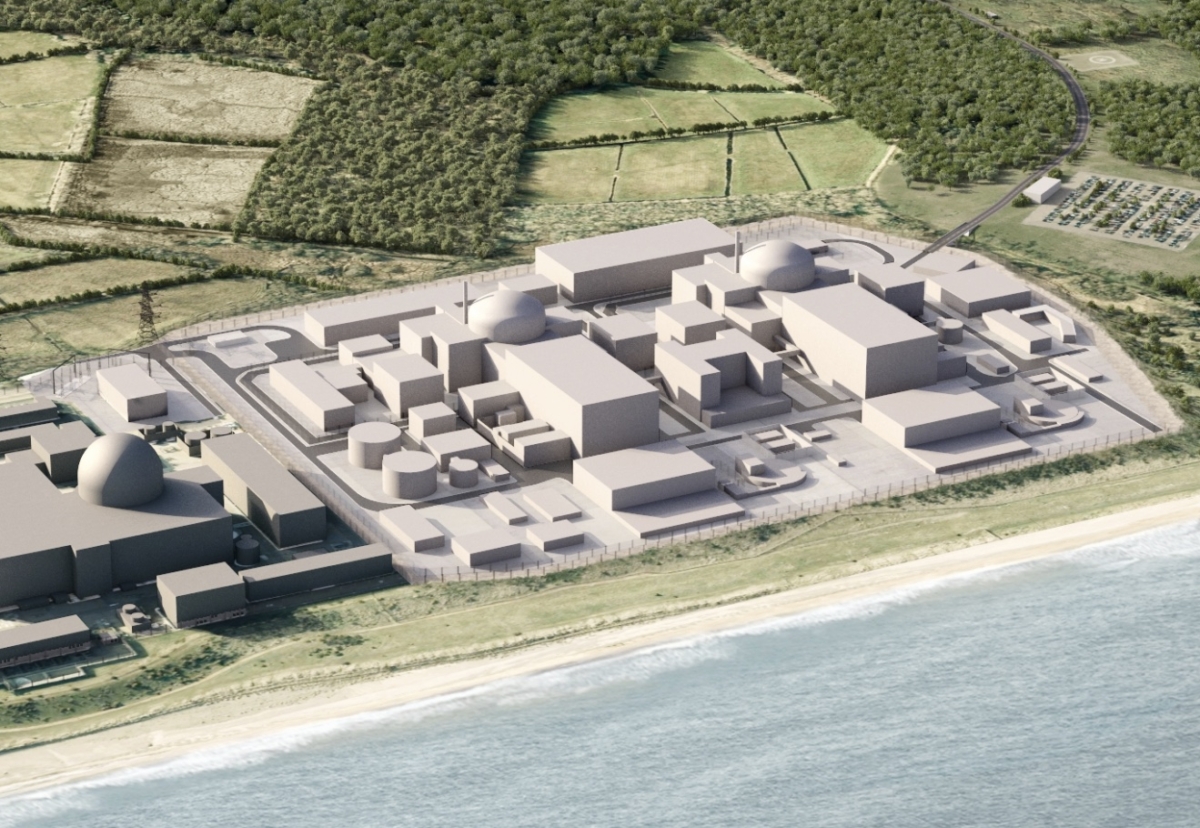The public cash injection will help EDF finance the continued development of the project as it seeks further funding from private investors.
In return for the support, the government will receive certain ownership rights.
This would be an equity stake in the development company behind the project and over the land on which EDF plans to build it.
If EDF can secure enough investor backing to make a final investment decision on Sizewell it would reimburse the government with a stake in the project or in cash.
Ministers have made a commitment to reaching a final investment decision on at least one large-scale nuclear power station this parliament.
Sizewell, which is still going through planning and development, would power 6 million homes, as well as supporting up to 10,000 jobs in Suffolk and across the UK.
Business and Energy Secretary, Kwasi Kwarteng, said: “In light of high global gas prices, we need to ensure Britain’s future energy supply is bolstered by reliable, affordable, low carbon power that is generated in this country.
“New nuclear is not only an important part of our plans to ensure greater energy independence, but to create high-quality jobs and drive economic growth.”
If the project does not reach this important milestone, then the government would ask for either the Sizewell C company shares or the Sizewell C site or, if EDF is unable to provide these assets as requested by government, the money will be refunded by EDF together with a financing return.
Simone Rossi, CEO of EDF Energy, said: “Together with our own investment, these funds will allow us to continue to move the project towards a financial investment decision.
“Sizewell C will benefit from being a near replica of Hinkley Point C in Somerset which is more than five years into construction and making great progress in the challenging context of the COVID pandemic.”
The announcement comes as the Nuclear Energy (Financing) Bill, which will enable a Regulated Asset Base (RAB) funding model framework for new nuclear projects, passes through Parliament.
It is estimated that RAB could lower the cost of a large-scale nuclear power project by more than £30bn, compared to Hinkley C’s contracts for difference model.
The RAB model would reduce Britain’s reliance on overseas developers for finance by substantially widening the pool of private investors to include British pension funds, insurers and other institutional investors from like-minded countries.
Unite general secretary Sharon Graham said: “This is a step forward but the government needs to take the handbrake off when it comes to the development of new nuclear power stations.
“The government needs to sit down with EDF now, not later in the year, and agree a funding model that allows Sizewell to start without any further delay. If such a funding model requires government support, then it should be given.
“Any further delay in bringing forward the final decision on building Sizewell will be disastrous, as the vital skills that have been learned and developed at Hinkley Point, could be lost and fail to transfer to the new project.”

.gif)




 (300 x 250 px).jpg)












































.gif)


